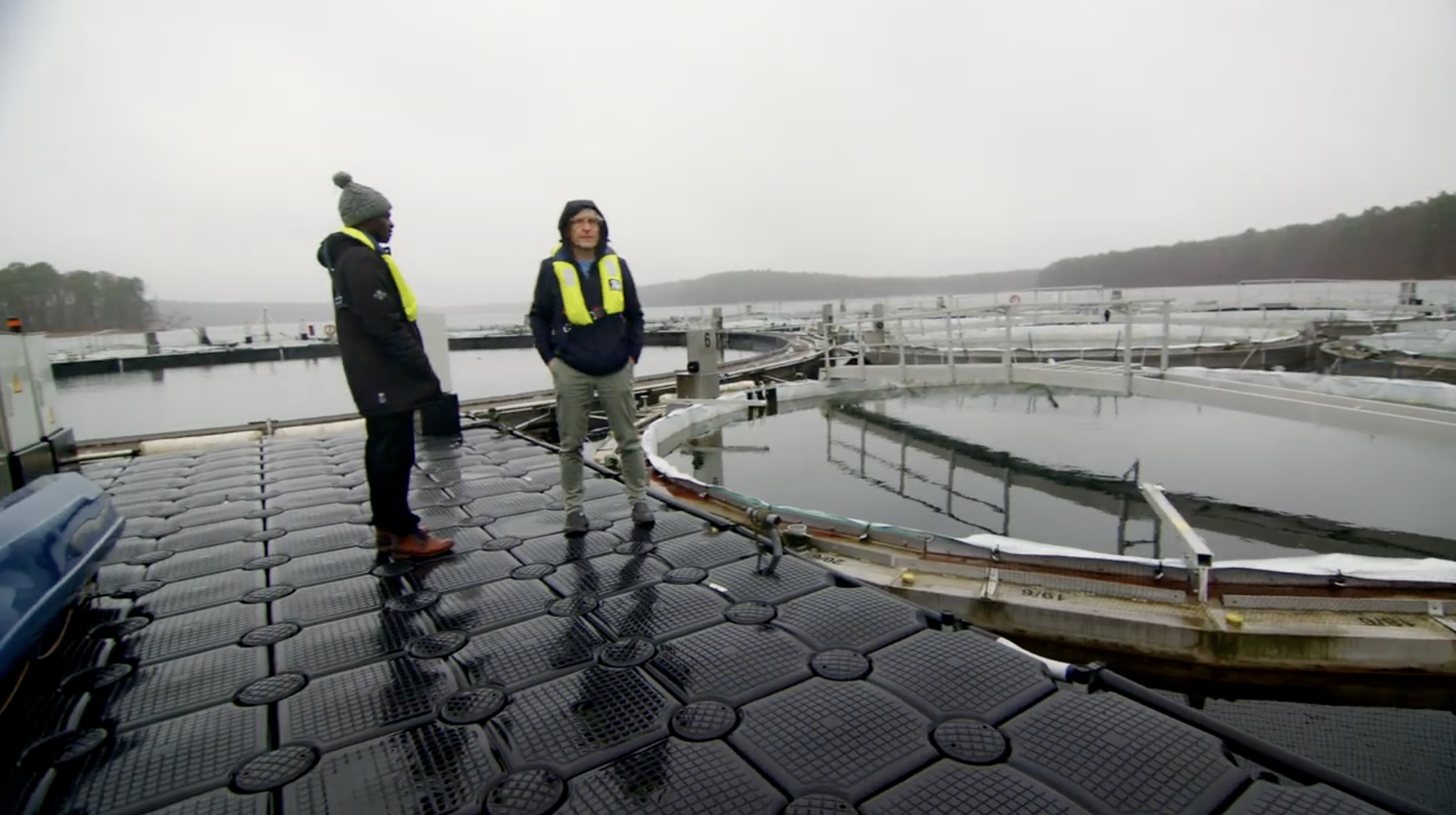Address
Heidelberg University
Im Neuenheimer Feld 205, 4/325
69120 Heidelberg
Germany
Contact
Uliana Kachnova
uliana.kachnova@uni-heidelberg.de

The Leibniz Institute for Freshwater Ecology and Fisheries (IGB) plays a pivotal role in the EU-funded TULIP project, working to understand the interconnections between plastic pollution, antimicrobial resistance (AMR), and climate change in freshwater ecosystems. As a leading research institute in aquatic ecology, IGB is committed to generating science-based solutions for protecting water quality and biodiversity.
One of the primary focuses of the IGB team within the TULIP project is to assess how microplastics in rivers and lakesact as carriers for antimicrobial-resistant bacteria. These bacteria, often originating from urban wastewater and agricultural runoff, can colonize plastic surfaces and contribute to the global spread of AMR.
Using advanced DNA sequencing and microbial analysis techniques, IGB researchers are: 🔬 Identifying AMR hotspots in European and Southeast Asian freshwater bodies. 🌍 Studying the interactions between microplastic surfaces and microbial communities. 💧 Assessing the impact of climate change on the spread and persistence of AMR in freshwater environments.
Beyond scientific investigation, IGB is actively collaborating with policymakers, environmental agencies, and local stakeholders to ensure that research findings translate into actionable solutions. The institute contributes to: ✅ Developing monitoring frameworks to track AMR in freshwater ecosystems. ✅ Informing wastewater treatment policies to mitigate AMR risks. ✅ Raising awareness through public outreach and citizen science initiatives.
Freshwater ecosystems are critical to human health and biodiversity, yet they are increasingly vulnerable to pollution and climate-related changes. The work of IGB within the TULIP project provides essential insights into how we can safeguard these vital ecosystems from emerging threats.